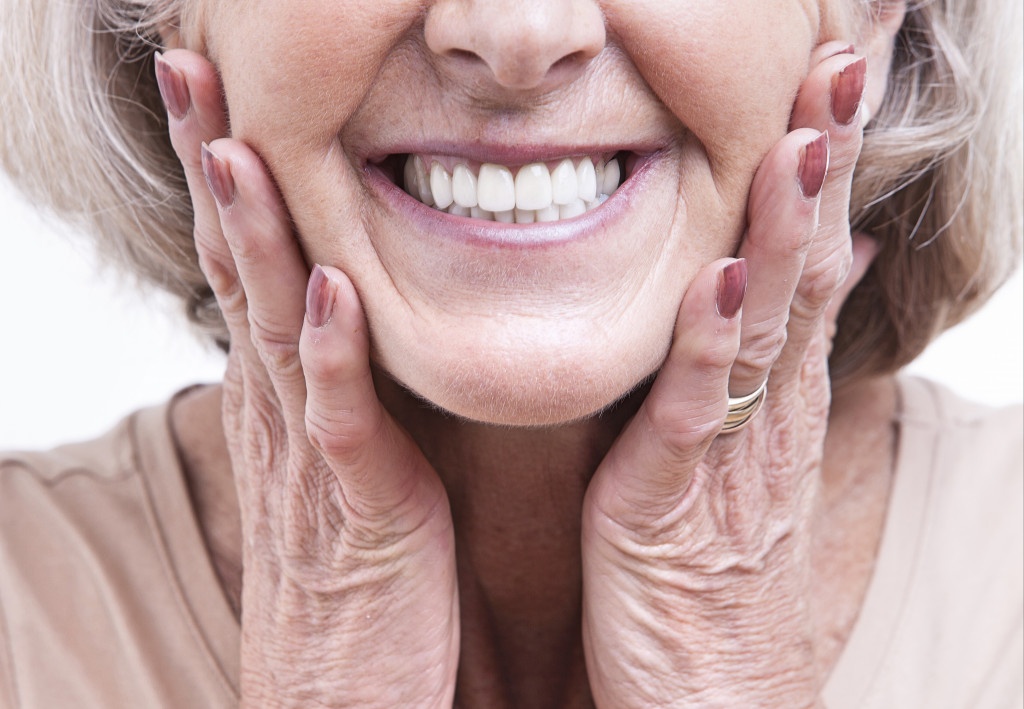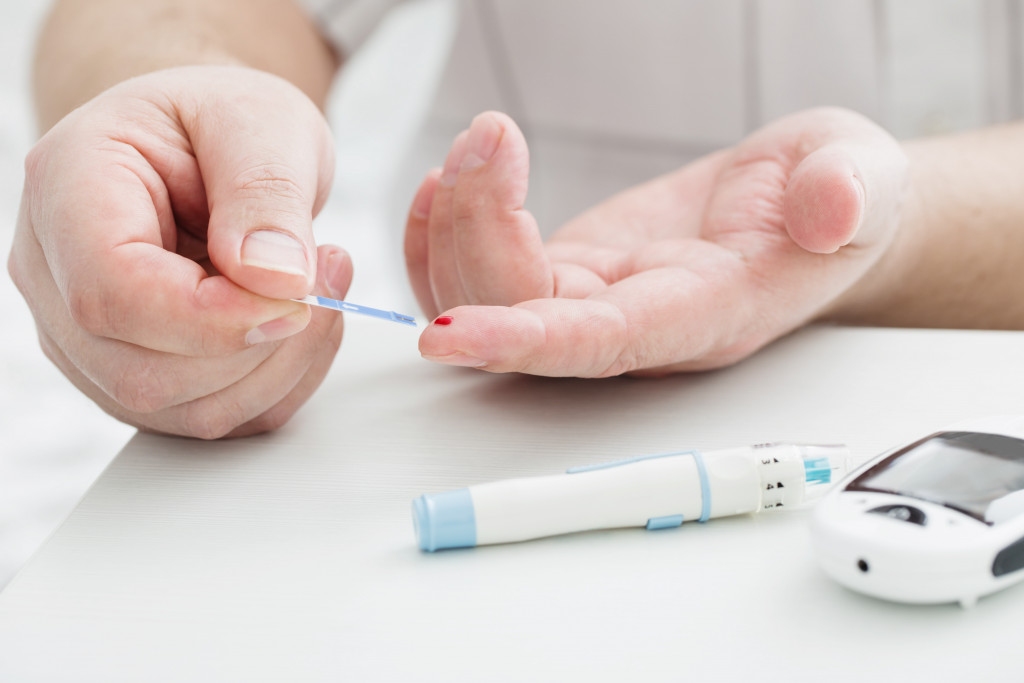As we age, our dental health needs change. These changes are especially apparent in women as they go through menopause and the elderly stage. Hormonal changes can cause an increase in gum disease and dry mouth, which can lead to tooth decay and other problems.
This guide will cover some of the most common dental health issues faced by older women and offer tips on keeping your smile healthy and bright well into your golden years.
Common Dental Health Issues of the Elderly
As we age, our risk for certain dental health problems increases. Here are some of the most common dental health issues faced by elderly women.
Cavities and Gum Disease
Aging increases our risk for cavities and gum disease. That’s because our tooth enamel begins to thin out and erode with age, making us more susceptible to decay. We’re also more likely to experience dry mouth as we get older, which can lead to an increased risk of gum disease.
To help prevent cavities and gum disease, brush your teeth twice daily with fluoride toothpaste and floss daily. Fluoride toothpaste will help strengthen your tooth enamel, while flossing will help remove food and plaque between your teeth.
You should also see your dentist regularly for professional cleanings and checkups. And if you develop cavities or gum disease, don’t delay getting treatment. The sooner you seek dental care, the easier (and less expensive) it will be to treat the problem.
Teeth Loss
As we advance through life, we may lose one or more teeth due to decay, gum disease, or injury. If this happens, you may be considering tooth implants as a way to restore your smile. Dental implants are artificial teeth implanted into the jawbone to replace missing teeth. They look and function like natural teeth and can help you regain confidence in your smile.
Before you decide whether dental implants are right for you, speak with your dentist about your options. Implants are a significant financial investment and time commitment (it can take several months to complete the implant process). Although you can also consider other tooth replacement options like dentures or bridges, take note that dental implants are a more permanent solution. Thus, it would be best to get dental implants if you’re looking for a long-term solution to tooth loss.

Oral Cancer
As with other dental health issues, our risk of developing oral cancer increases as we age. That’s why it’s essential to get regular oral cancer screenings, especially if you are a smoker or heavy drinker. Oral cancer screenings are quick and painless and can help save your life.
During an oral cancer screening, your dentist will examine your mouth for signs of cancer, such as sores, lumps, or red or white patches. They will also feel around your neck and jaw for any unusual lumps or swellings. Your dentist will refer you to a specialist for further testing if anything suspicious is found.
You should get an oral cancer screening at least once every year, even if you don’t have any risk factors. And if you do have risk factors, you may need to be screened more often.
Tips for Keeping Your Teeth Healthy in Your Golden Years
Here are some tips to help you keep your teeth healthy as you age:
Quit Smoking
If you smoke, now is the time to quit. Smoking is one of the leading risk factors for oral cancer, and it can also cause gum disease.
Eat a Healthy Diet
A healthy diet is good for your overall health—including your teeth and gums. Be sure to eat plenty of fruits, vegetables, and whole grains. And limit sugary foods and drinks, which can cause tooth decay.
Drink Plenty of Water
Water is essential for good oral health. It helps rinse away food and plaque and keeps your mouth hydrated. Be sure to drink at least eight glasses of water a day.
Visit Your Dentist Regularly
See your dentist every six months for professional cleanings and checkups. In case you develop cavities or gum diseases, don’t wait to get treatment. If you seek a professional’s help early, it will be easier and less expensive to treat the problem.
Hopefully, this guide has helped inform you about the importance of good oral health and how to maintain it in your elderly years. Taking care of our dental health is especially important as we age to keep our teeth healthy, avoid any unnecessary discomfort, and smile with confidence. If you have any questions or concerns, speak with your dentist.



